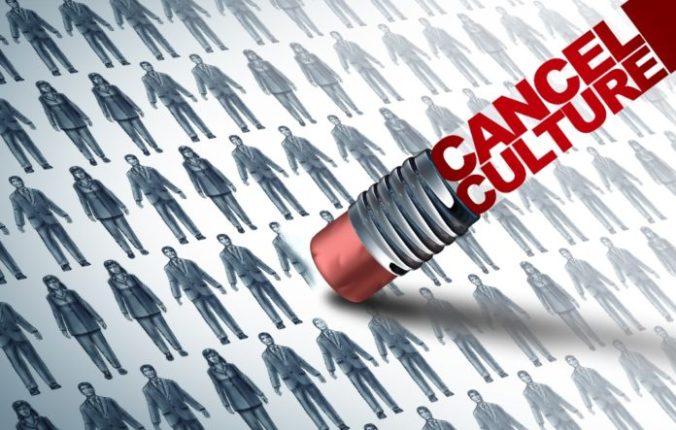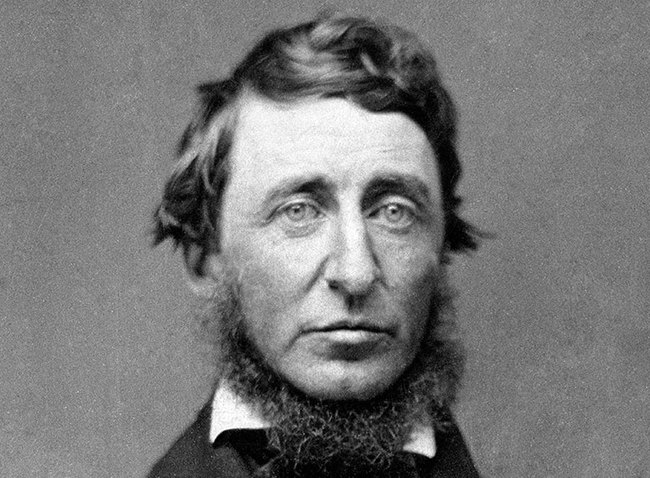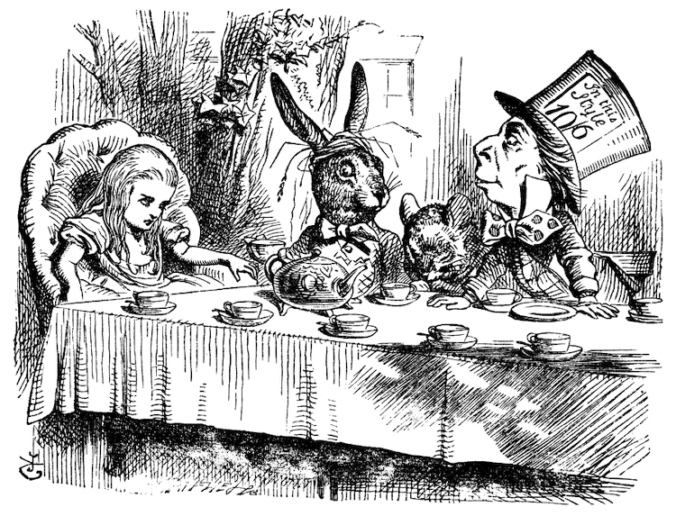I saw this trending on Twitter the other day.
Top 7 Warning Signs In a Man’s Bookshelf:
— Jess McHugh (@MchughJess) August 24, 2020
1. A Dog-eared copy of Infinite Jest
2. Too Much Hemingway
3. Any amount of Bukowski
4. AYN. RAND.
5. Goethe
6. “Lolita is my favorite book.”
7. “‘Fathers and Sons’ Is my favorite book.”
Okay, so there is a lot I want to unpack here.
First of all, for those of you unfamiliar with the books or authors mentioned above, I’ll try to give a brief summary of why Jess considers them “warning signs.”
The post-modern classic, Infinite Jest, is known for being notoriously long and difficult-to-read. The book has garnered a reputation for being adored by rich, over-educated white men who brag about the herculean task of actually finishing it. Some argue that the book is racist, that it trivializes sexual assault, and that the female characters are portrayed in an overly-sexual way.
Hemingway and Bukowski are frequently put into a box labeled: “drunk white man,” and are often associated with sexism, and overly macho rhetoric.
Ayn Rand is a pro-capitalist, libertarian-conservative. A philosopher with strikingly contrary opinions to the average liberal-progessive type in North America today.
Lolita is a novel about a pedophile, not to be confused with the advocacy of pedophilia. It’s also considered to be one of the greatest novels ever written, acclaimed for its beautiful and poetic style.
Fathers and Sons, which I actually read sometime in the last year or so, is the most puzzling to me. I can’t think of the reason why it’s on the list. I enjoyed it, and I took from the novel a thoughtful and relatable narrative about the generational conflicts that exist between parents and their aging children. It’s also a good introduction to Nihilism.
Full disclosure, I haven’t read any Goethe, nor have I had the courage to attempt Infinite Jest just yet.
Anyway, this “joke,” as far as I understand it, is an attempt at creating a particular male reader stereotype. Specifically, the misogynistic, egotistical, and pseudo-intelectual “bro.”
And yes, I agree that some of these books might have less than ideal fan bases, contain poor subject matter, and have questionable authors, they’re also known for so much more than that. It’s sad to see them get pigeonholed into these overly-simplified conjectures, and worse yet, their readers along with them.
Hemingway isn’t only remembered for his manliness. He also inspired a whole generation of writers with his technique of writing called the iceberg theory. It was his minimalistic style of deliberately obscuring and omitting certain aspects of a story to give it meaning.
Bukowski’s books aren’t something that men should model their attitude towards women on, sure, but that doesn’t mean that he wasn’t an amazing writer.
Ayn Rand’s, The fountainhead, was one of the first “serious” books that I ever read. I will admit, most of it probably went way over my head. But I can still remember the main character, Howard Roark. He made quite an impression on me. I remember being inspired by his stubborn and passionate refusal to let society mould him into something he wasn’t.
Vladimir Nabokov, the author of Lolita, was trilingual. He published a timeless work of fiction, applauded for its lyricism and word play, in a language that wasn’t even his first! I’ve been speaking English my whole life and I can only just now understand a total of nine words from A Tale of Two Cities. I can imagine some people saying Lolita is their favourite book. Why is that a warning sign?
Maybe it’s due to Jess’s own failure to understand the unique complexities of individuals, those who are capable of extracting alternative meanings from a book, different from her own, that she assumes the people around her are as shallow and easily defined as she is. It could be that she just had some bad experiences with the men in her life. I don’t know.
She doubled down and responded to criticisms like mine by saying: “Oh white men…tis a beautiful thing to watch! Their willingness to angrily defend other dead white men over a twitter joke!”
Heres the thing, I’m not upset about some dumb joke about an author or a book that I like. If her goal was to bait people like me into defending something they enjoyed, congratulations, it worked. You got me.
But this goes deeper than that.
I’m upset and concerned with her reducing them to these disparaging anecdotes, for them to be defined by their worst qualities.
It’s cancel-culture at its finest.
She is vilifying them, discouraging their potential readers, and creating a shallow, surface level opinion to be gobbled up and emulated. 17 thousand people ‘Liked’ her tweet. How many of them, encouraged by the other 16999 people who also approved, will take her word for it as an authority on the subject?
How many will actually read those books mentioned and formulate their own opinions on them? Probably not many. But at least now they can have some vague conviction about them without having to actually read them. Maybe they can even crack some joke at a dinner party about how their ex-boyfriend read too much Bukowski and was a total asshole because of it.
A wise man once said that servitude is the enemy of reason. That’s exactly what we need to be reminded of right now. We need skepticism, not blind adherence to some influencer. We need to be able to make decisions for ourselves, not to be policed by public opinion.
Stuff like this is dumbing us down. Instead of creating a dialogue about why something is contestable, we just remove it. We avoid it, and we oppose those who disagree with us.
We attach our identities to something rigid and immovable, and we turn a blind eye to anything that the most woke members of our society deem unfit for our consumption.
We’re obsessed with finding faults with everything, with judging everyone based on some unobtainable moral purity.
Can we not acknowledge the bad in a particular thing, while at the same time appreciating the good? Can we not understand that times change, that public opinion changes? Should we really be holding the past accountable for the moral climate of the present?
I feel like an angry grandpa yelling at a crowd. I know, it was just a tweet. Get over it right?
Except its not just a tweet.
It’s a thinly veiled attempt at something that is happening on a bigger scale in our society. You watch, the next thing you know, we’ll be taking down statues of our first Prime Minister, Sir John. A. Macdonald.
Oh, wait…
I get it, he was an asshole. Actually he was worse than that. He was cruel, brutal, and heartless, specifically toward Canada’s indigenous population.
He also helped build the country we know and love today.
It’s like the people who toppled his statue can’t accept the fact that a person can do good things, while at the same time, not have them invalidated by their moral failings.
It reminds me of a quote:
The test of a first-rate intelligence is the ability to hold two opposed ideas in mind at the same time and still retain the ability to function.
F. Scott Fitzgerald
Sounds about right.
Maybe too much peace, freedom, multiculturalism, free healthcare, free education, clean drinking water, fair labour laws, and higher life expectancies made these people’s lives so bad that they were forced to be the first generation in years to finally do something about that asshole John A.
What about every individual prior to the 20th century who wasn’t actively fighting for a women’s right to vote? Were they all complicit in misogyny? Should we therefore discredit anyone prior to 1916?
Fun Fact! In the 1880’s, Sir John A. Macdonald was one of the first national leaders to attempt to grant women the right to vote.
The point is, can we agree not to celebrate him but at the same time not erase him from Canada’s history? Maybe we can put a plaque beside his statue that acknowledges his genocidal past instead.
I know Jess’s tweet is a little different, but the fundamental principles are the same. Most of us don’t want to be caught on the wrong side of public opinion, so we conform. It’s easier and safer that way.
Except it’s soft tyranny, and it’s cultural censorship.
What if instead, Jess chose to educate her followers, rather than criticize and stereotype? What if she, like so many people like her, chose to build something up, instead of tearing something down? What if we all spent more time appreciating the positives instead of obsessing over the negatives?
Read those books and authors for yourself. Understand that they have much more to offer than what our present moral climate considers problematic. Read a wide variety of books. Be skeptical. Come to your own conclusions, and be weary of public opinion.
Nietzsche has some good advice for us:
“One must be a sea, to receive a polluted stream without becoming impure.”
Friedrich Nietzsche
There, I’m done yelling now.
Thanks for reading.




Recent Comments